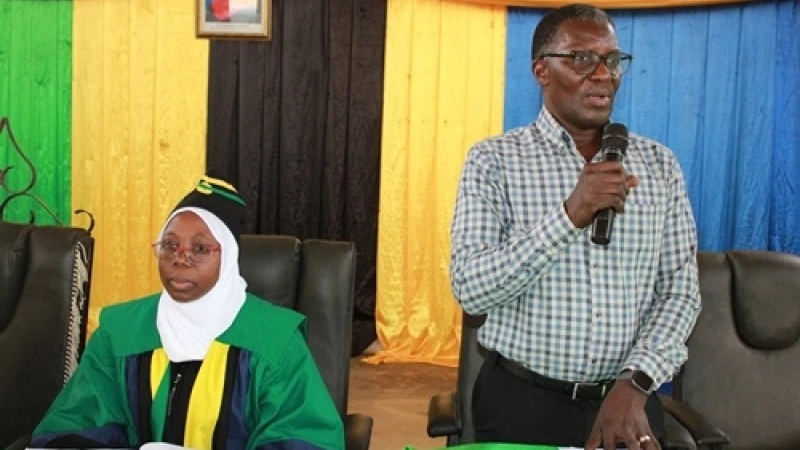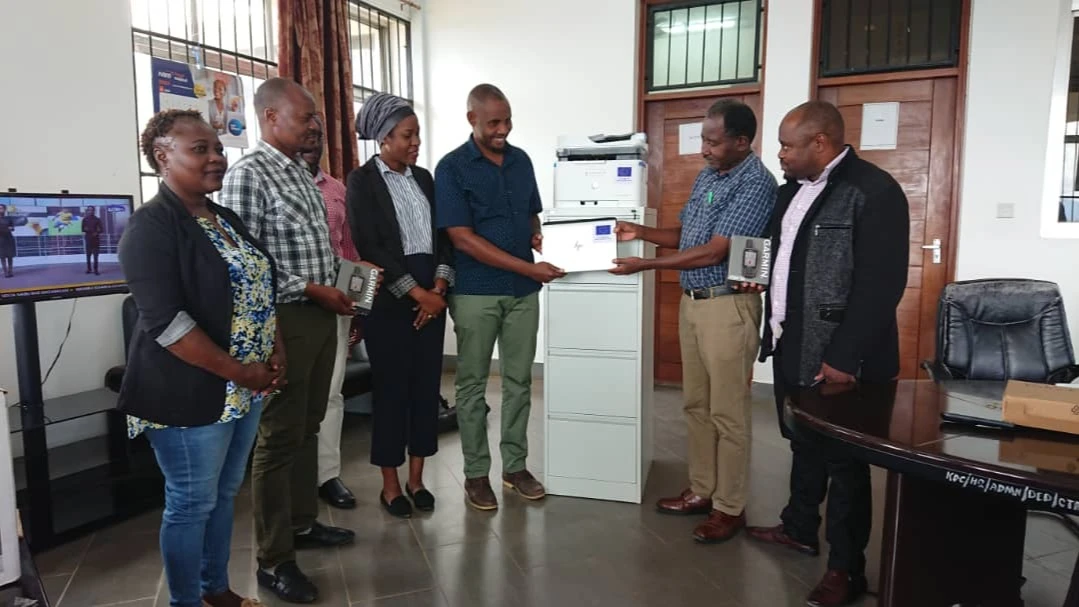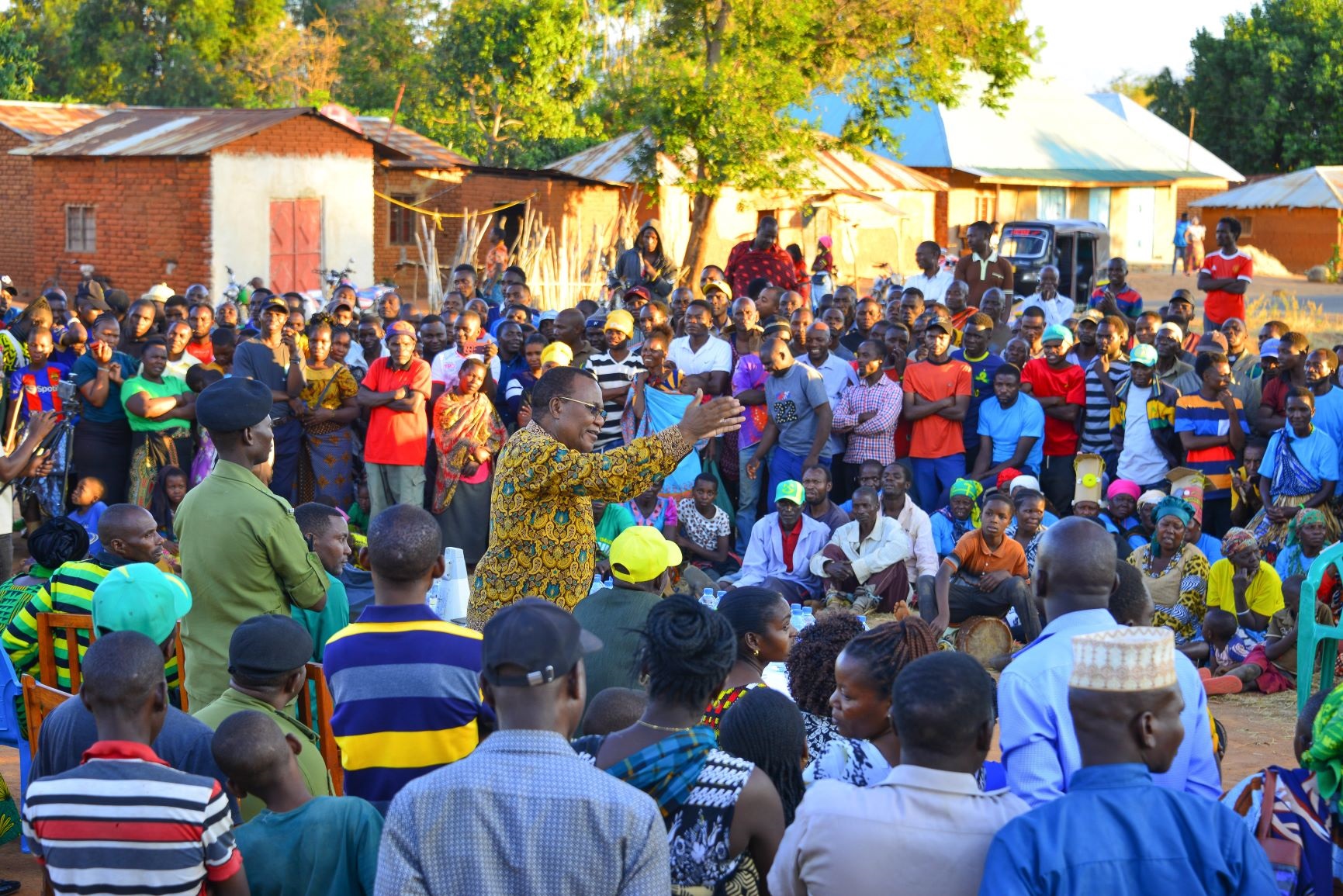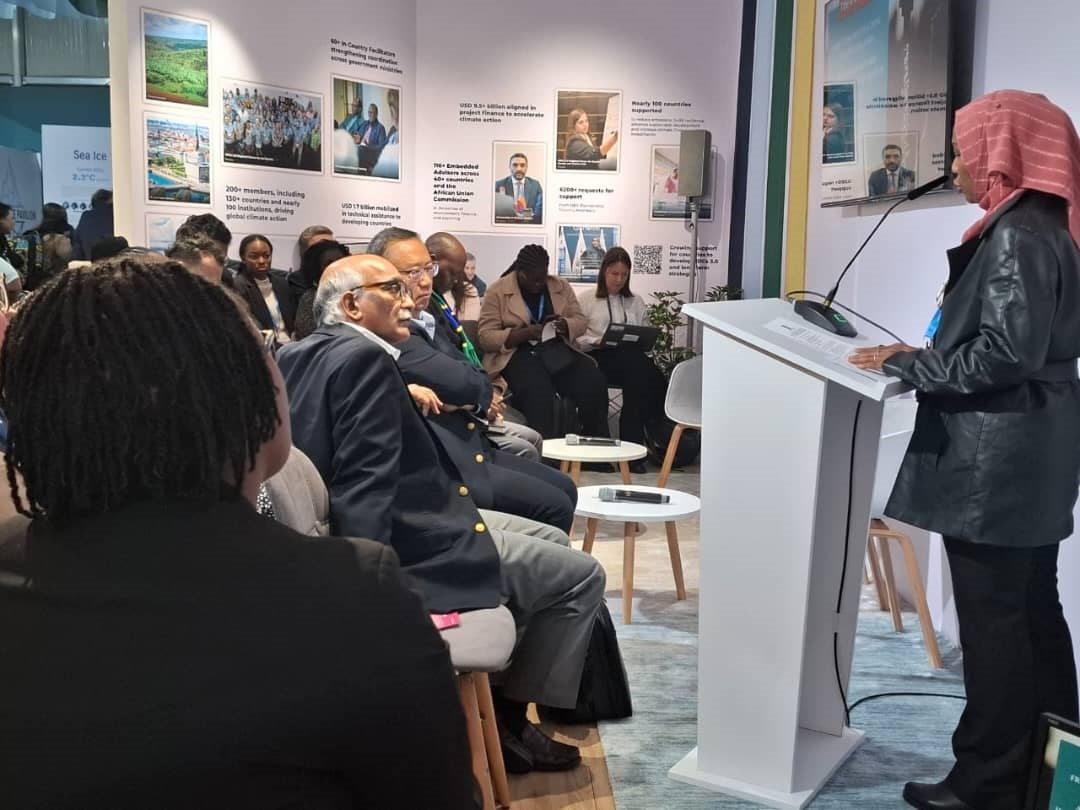Tanga region forest management project in the offing
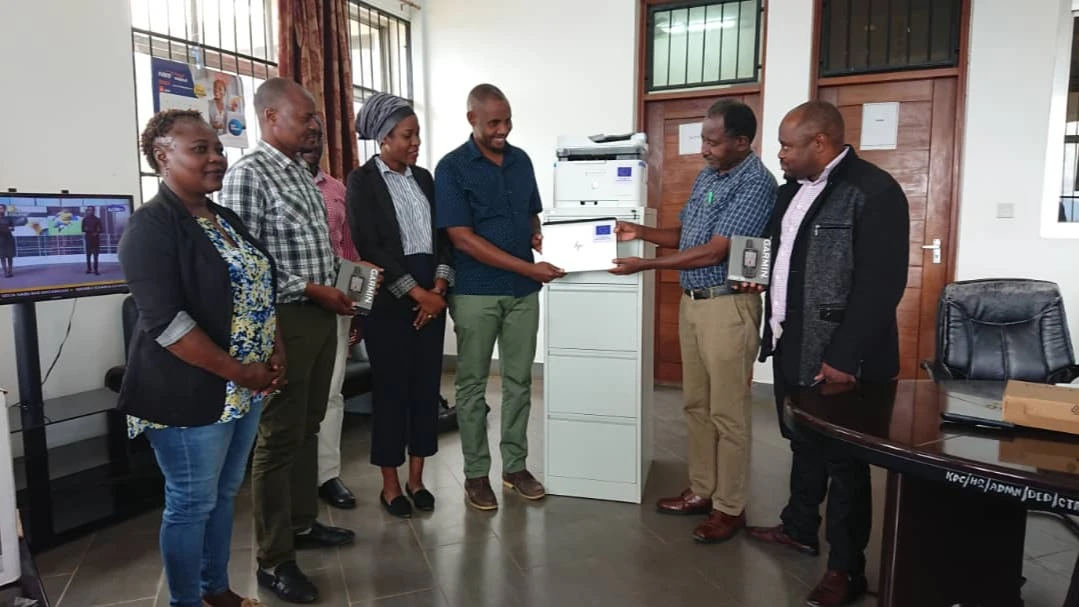
KILINDI District Council in Tanga Region is seeking a donor to support the expansion of Community Based Forest Management (CBFM) to fight deforestation within the villages land.
Mng’anya Chrispin, Kilindi District Council, head of planning and coordination made the call recently while speaking to journalists and staff from the Tanzania Community Forest Conservation Network (MJUMITA) and the Tanzania Forest Conservation Group (TFCG who paid a visit to assess the impact of the Integrated Forest Biomass Energy Solutions for Tanzania (IFBEST) project.
Currently, deforestation is very high in Kwamazuma, Kilindi, Negero, Lukole, Kwafumbili, Kwadudu, Jungu, Muungano, Kwedijero, Mzunguwasala, Mkindi, Kwekinkwembe, Pangwi, Masilei and Lumotio villages, and the indigenous trees are at risk of disappearing.
"We request TFCG and MJUMITA to scale up the IFBEST project in these villages to prevent deforestation, as people are illegally cutting indigenous trees for charcoal production, agriculture and livestock grazing,” he says
The project is implemented by TFCG and MJUMITA with funding from the European Union through the ministry of finance.
The main goal of the project is to enhance environmental sustainability through sustainable forest management and wood-fuel production.
He lauded TFCG and MJUMITA for introducing the IFBEST project in Kilindi District, as it has brought positive changes to Lusane, Mswaki, Mapanga and Mmbogo villages.
Under the IFBEST project, residents are trained on the importance of conserving natural vegetation, sustainable charcoal harvesting, forest conservation and how to establish Village Savings and Loans Associations (VSLAs) in their localities.
He also lauded TFCG for donating one printer, two Global Positioning System (GPS) kits, one laptop and one office cabinet to Kilindi district to improve performance in forest conservation activities, monitor forest management and check for any destruction of forests.
The Laptop are used for record-keeping, while the GPS kits will help measure areas, maintain accurate records, and provide correct information in the system.
The IFBEST project was officially introduced in the district in February 2024.
He also requested the ministry of livestock to assist in constructing cattle dips for pastoralists.
Elida Fundi, MJUMITA's good governance and advocacy officer said the project is being implemented in Gendagenda, Mkalamo, Mseko, Lusane, Mmbogo, Mapanga, Nkhobole and Mswaki villages.
The project has enabled villages on proper land use plans, allocate forest reserve for community based forest management, sustainable charcoal production and land for pastures, and resolve village boundary conflicts and they are now living together.
They also collaborate on everything and continue with other activities instead of moving from place to place, something that was not the case in the past.
“As TFCG and MJUMITA, we are very happy with the achievement made so far. Currently, women have contested for leadership in the Village Natural Resources Committees (VNRC) and the village councils. Today, they are leaders who actively conduct patrols within the forest reserves,” she says
In Lusane, Mnkonde and Gendagenda villages, Kilindi and Handeni districts of Tanga Region, women hold leadership positions and are working in various roles.
Additionally, women in Lusane village are involved in decision making processes and have the opportunity to engage in various activities.
MJUMITA is training them how to influence and advocate for community-based forest management, as well as the sustainable harvesting of biomass energy from conserved village land forest reserves.
The training advocates for sustainable fuel wood production to government officials, politicians, and other stakeholders.
"Under the capacity-building programme, they train participants on gender equality, good governance, law enforcement, and the policies, laws, and regulations that guide the implementation of community based forest management and the sustainable harvesting of fuel wood,” Fundi said.
The training has been offered to members of the Village Natural Resources Committees (VNRC), village leaders, sustainable charcoal and timber producers, private forest owners, and others who wish to advocate for forests with funding from the European Union, through the ministry of finance.
“We have decided to provide this training after discovering that many forests are increasingly disappearing, as people continue to exploit them recklessly for charcoal production and timber harvesting," she says.
The training aimed to help them understand their rights and benefit from the forest resources and products available within their village land.
Also raising their voices and benefiting from forest resources, competing for various positions such as village natural resource committee, village leadership, and various forest matters to dispel the notion that forestry is a men dominated job.
Through the knowledge and skills gained from TFCG and MJUMITA, women are now involved in sustainable charcoal production and timber harvesting, forest conservation and management activities and have taken up high leadership positions such as chairing village natural resource committees.
The IFBEST project is being implemented in Gendagenda, Mkalamo, Mseko, Lusane, Mmbogo, Mapanga, Nkhobole and Mswaki villages.
Mariam Parikole from Lusane village says, "Men now understand that women are beneficial in the community, they listen to our ideas and put them into action. Women have been selected for the village natural resource committees. Thank you for bringing this project to our village,” she says
Natus Manumbu, Kilindi district land development officer added that, so far Lusane and Mmbogo villages, located in Luande Ward in Kilindi District, have village land use plans and are now involved in Community Based Forest Management (CBFM).
The land-use plans implemented in both villages have helped prevent land conflicts.
The land use plan has helped the village gain legal authority, enabling them to manage their village legally and obtain a certificate of customary right of occupancy.
Currently, the citizens are aware of the boundaries in their village. They have formulated by-laws and are aware of both administrative and internal boundaries, something that was not the case in the past.
Top Headlines
© 2024 IPPMEDIA.COM. ALL RIGHTS RESERVED













